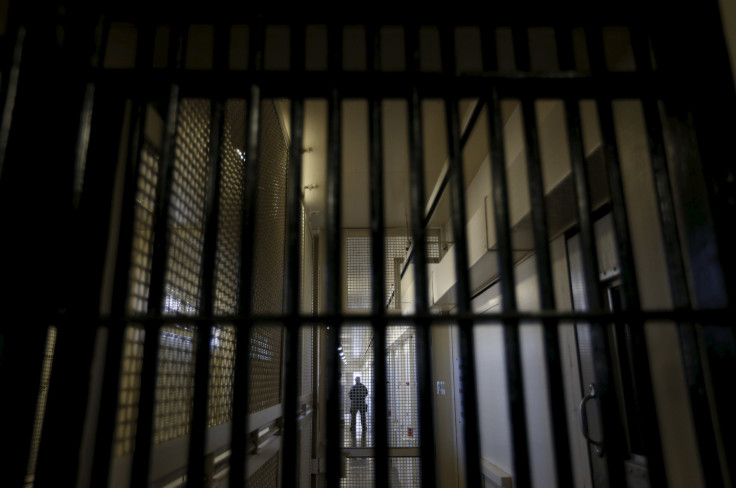Conservatives Push For Nearly Unthinkable Death Penalty Ban

A former gun industry lobbyist and budget-hawk Republicans are leading what might seem to be an unlikely hard-right campaign - trying to sway conservatives in places like Utah and Kansas that they should be the first Republican-held state in four decades to ban the death penalty.
The push from the political advocacy group Conservatives Concerned about the Death Penalty and lawmakers in places such as Nebraska would have been unthinkable a few years ago when it would have been conservative heresy to end capital punishment, a program seen as bedrock issue of the law-and-order policies embraced by the party.
But those leading the campaign say the death penalty is a costly, inefficient and heavily bureaucratic program that runs counter to their core conservative values of limited government.
"This is not an issue just for bleeding heart liberals. This is an issue that pragmatic conservatives are getting on board with," said Marc Hyden, a coordinator of Conservatives Concerned about the Death Penalty, a network of political and social conservatives who say capital punishment does not align with their values.
Republican support for the death penalty remains strong at 76 percent in 2014, but that number is down from 85 percent in 1994, according to Gallup.
The conservative push against the death penalty is in its early phase but has led lawmakers in Nebraska last year to be the first Republican-dominated state in more than 40 years to approve an execution ban. The measure now needs approval from voters in November to take effect. In March, lawmakers in red-state Utah came close to passing a similar ban.
"This is a bipartisan issue that anyone can get on board with," said Hyden, who served as a campaign field representative for the National Rifle Association.
The death penalty is legal in 31 U.S. states. But executions have been on the decline for years, in part due to court battles and a scramble to secure execution drugs after a sales ban a few years ago imposed by mostly European manufacturers who said it was immoral for their products to be used to kill inmates.
Hyden's group is expanding its efforts in Kentucky, Missouri, Montana, Nebraska, North Carolina and Washington to build bipartisan support in legislatures where rancor between parties has stymied scores of other bills.
But despite the momentum with conservative lawmakers, gaining support among the public in Republican-controlled states may be a hurdle too high.
'No Sense'
A death penalty repeal bill in Missouri, which has executed 86 people since the U.S. Supreme Court reinstated capital punishment in 1976, was placed on this year's informal calendar, a wasteland for legislation without the votes to pass.
In red-state Utah, which has nine men on death row, the Republican-led bill to end the death penalty cleared the Senate and a House committee before dying without obtaining a vote. It likely will come up again in a session next year.
Utah State Senator Steve Urquhart, a Republican, said he won supporters among Senate colleagues by highlighting capital punishment's high costs, lengthy appeals and exonerations in other states, which underlined its fallibility.
"The death penalty makes absolutely no sense in 2016," he said in an interview. "It costs an awful lot of money to execute a prisoner compared to holding that prisoner in jail for the rest of his or her life."
A state study found that Utah pays about $1.7 million more to fund items such as appeals, public defenders and carrying out executions for death penalty convictions than it would to incarcerate the same inmate for life.
But advocates of capital punishment balk at the idea that expense should be a factor when deciding punishment for the gravest crimes.
"The death penalty should not be a utilitarian issue in terms of weighing the costs against the benefits but rather an issue simply of justice, of who deserves it," said Robert Blecker, a professor at New York Law School.
The six states before Nebraska to abolish the death penalty since 2007 have been left-leaning or left-center Maryland, Connecticut, Illinois, New Mexico, New Jersey and New York.
© Copyright Thomson Reuters {{Year}}. All rights reserved.





















